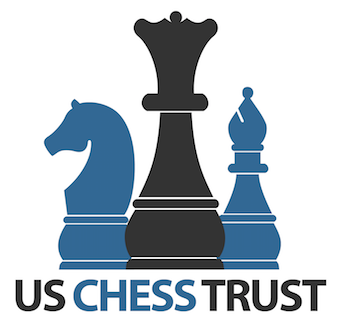Relationship Between Chess and Thinking by Dr. Robert Ferguson (Part 5)


CHESS IN EDUCATION – SERIES II – PART 5 – RELATIONSHIP BETWEEN CHESS AND THINKING
As we come to the conclusion of Chess in Education Series II, we provide you with Dr. Robert Ferguson’s “Solving Academic Problems” paper in its entirety.
This paper was originally prepared for the International Koltanowski Chess Conference held in Dallas, Texas in December 2001. It was updated recently to add newer research.
Relationship between Chess and Thinking:
In Dr. Ferguson’s final conclusion, he discusses the relationship between chess and thinking.
From Adriaan de Groot’s concept of progressive deepening, to Jean Piaget’s theories about cognitive development, or intellectual maturation, and much, much more !
- To what extent does chess playing contribute to the development of certain abilities?
- Creativity is a major aspect of chess at the master level, but can chess influence creativity at the amateur level?
- Does a comprehensive chess education program improve a students abstract reasoning and problem-solving skills?
These are just a few of the points Dr. Ferguson discusses in the last part of his paper.
Chess has been proven to enhance creativity, concentration, critical thinking skills, memory, academic achievement, problem solving, cultural enrichment, intellectual maturity, self-esteem, standardized test scores, and a host of other qualities that every administrator, school board director, parent, and teacher desires.
The use of the best-known intellectual game to address the need to improve critical thinking, self-esteem, reading, and math is an innovative approach that has nationwide applicability!
Read this paper in its entirety!
Click Here Solving Academic Problems by Dr. Robert Ferguson.
You can find this and many other papers/articles in our Chess Articles Section !
Feel free to browse and post your comments!
Thanks to Dr. Ferguson for sharing his work with our chess community!

